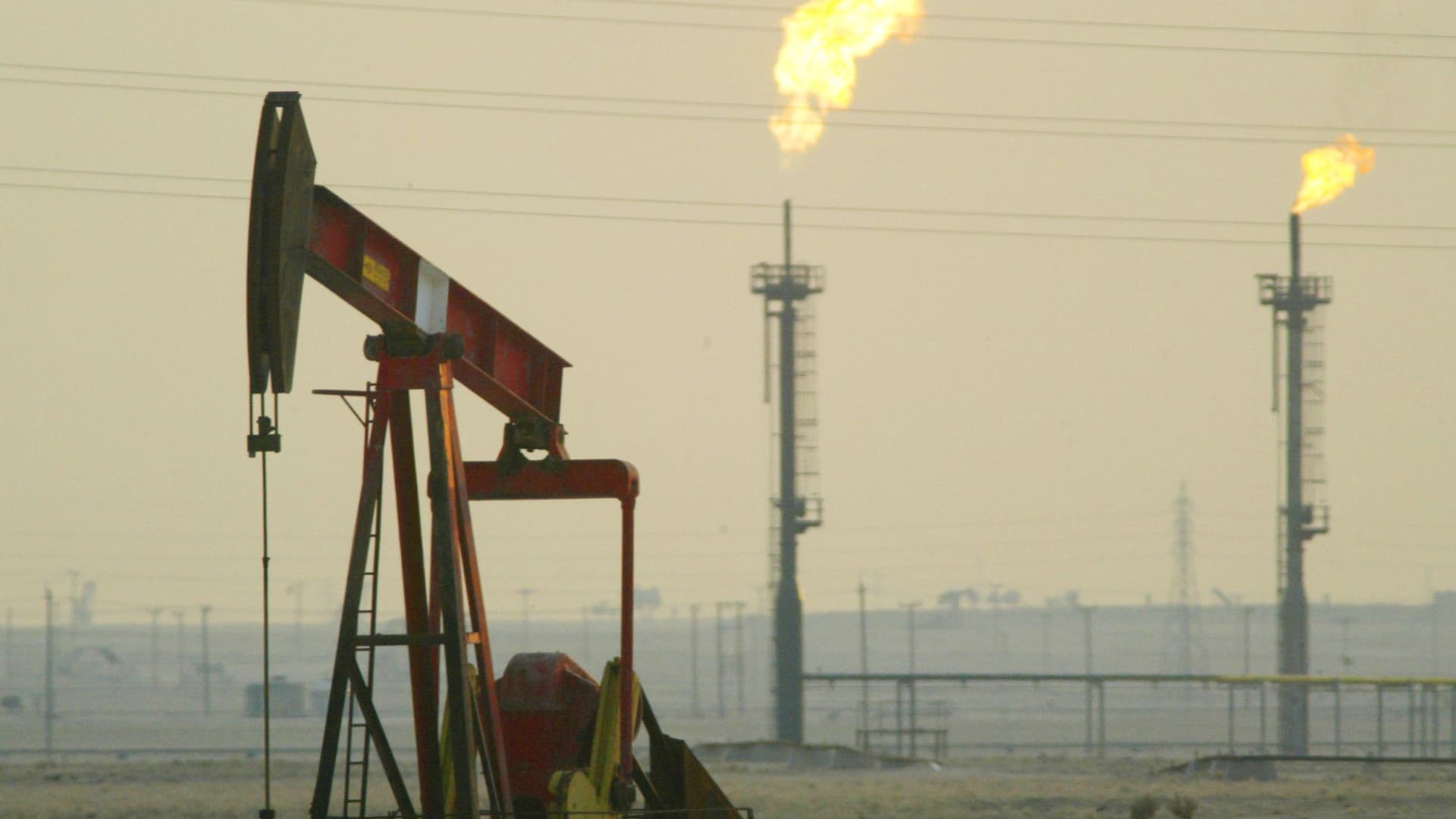

More in Markets
-


Markets
Asia-Pacific markets most commonly fall next Wall Boulevard positive factors in a single day
Bombay Gate Gateway of Bharat, Mumbai Arutthaphon Poolsawasd | Time | Getty Pictures Asia-Pacific markets most...
-


Markets
Asia-Pacific markets poised to evident decrease upcoming Wall Side road declines
Crowd Maydays | Year | Getty Photographs Asia-Pacific markets had been prepared to evident decrease Tuesday,...
-


Markets
Asia-Pacific markets monitor Wall Side road features on possible Fed charge shorten
Ulsan town skyline from the Hamwolru Pavilion. Folk can experience stunning cityscape for sovereign. Ulsan, South...
-


Markets
Asia-Pacific markets industry blended as traders sit up for U.S. Fed chair Powell’s pronunciation
SHANGHAI, CHINA – AUGUST 14, 2025 – Vacationers are visiting the Bund in Shanghai, China on...
-


Markets
Ecu markets head for extensively certain evident forward of PMI information
Oli Scarff | Getty Photographs LONDON — Ecu shares are anticipated to evident extensively upper on...




